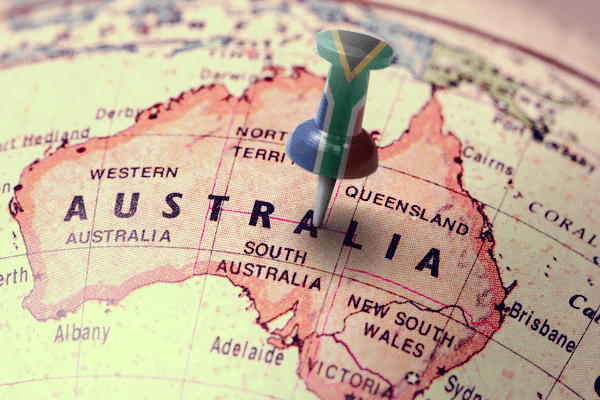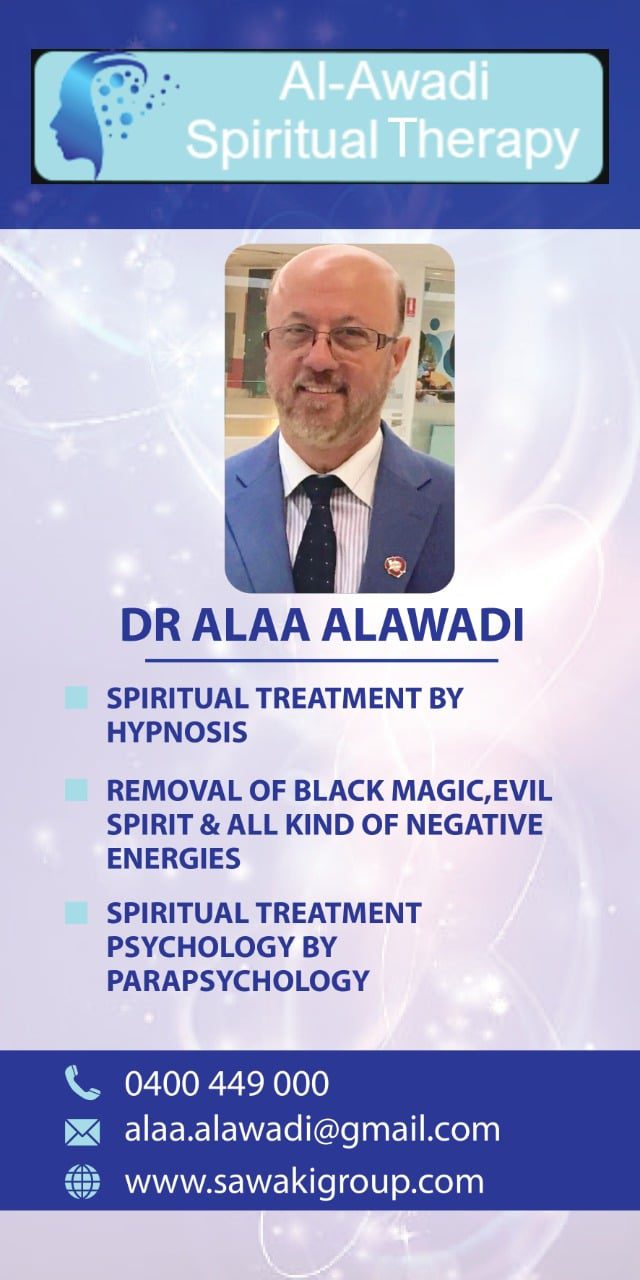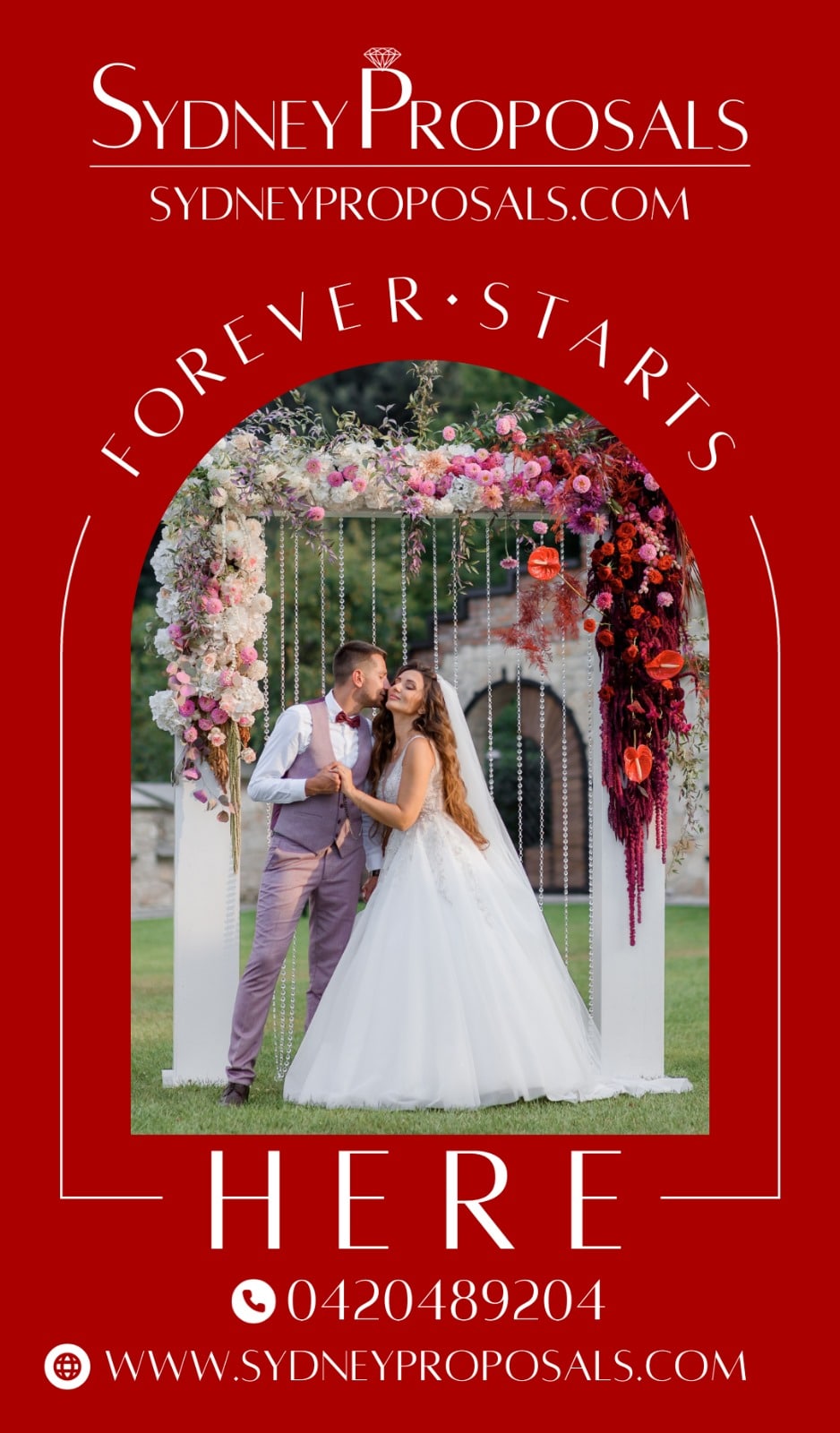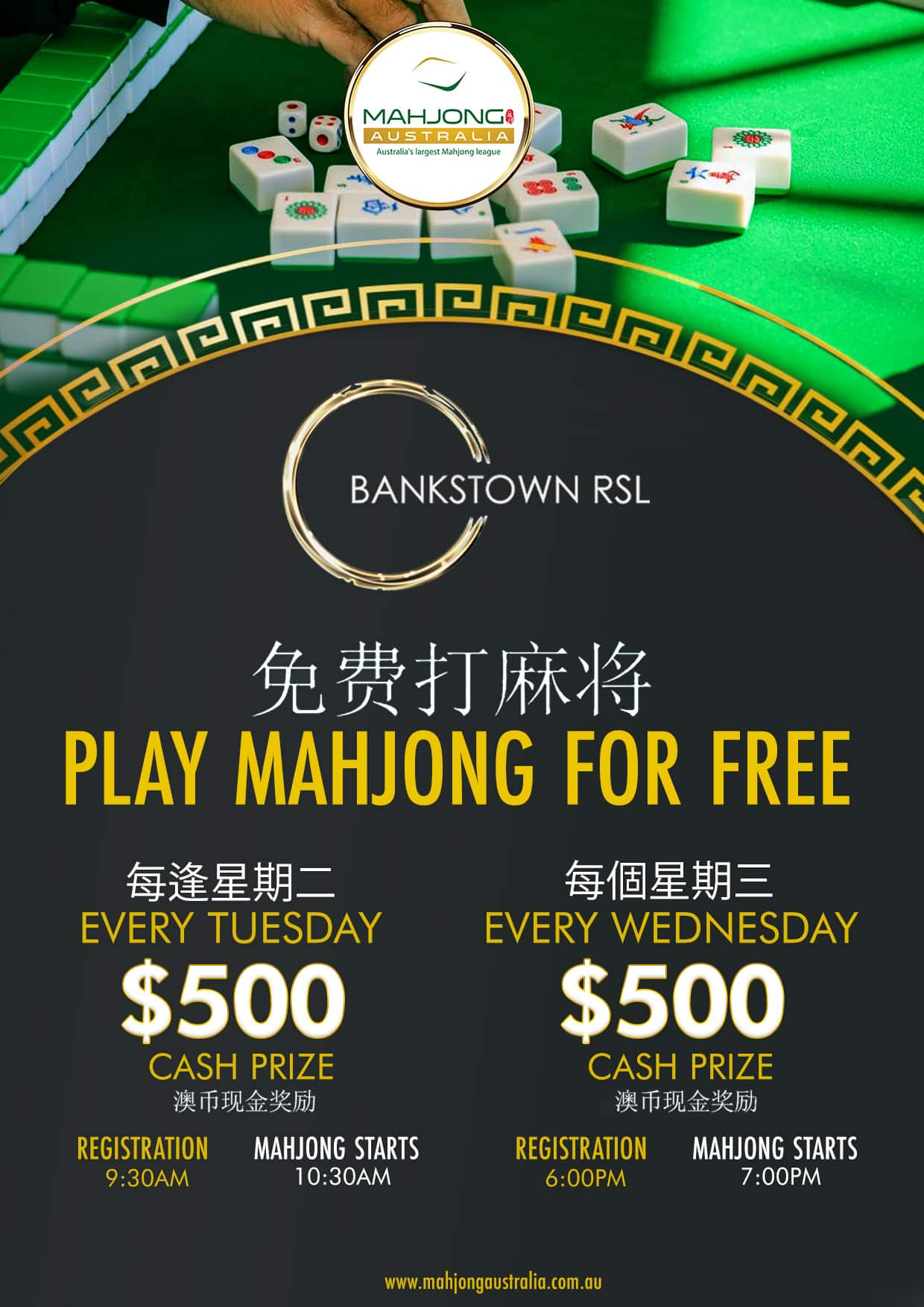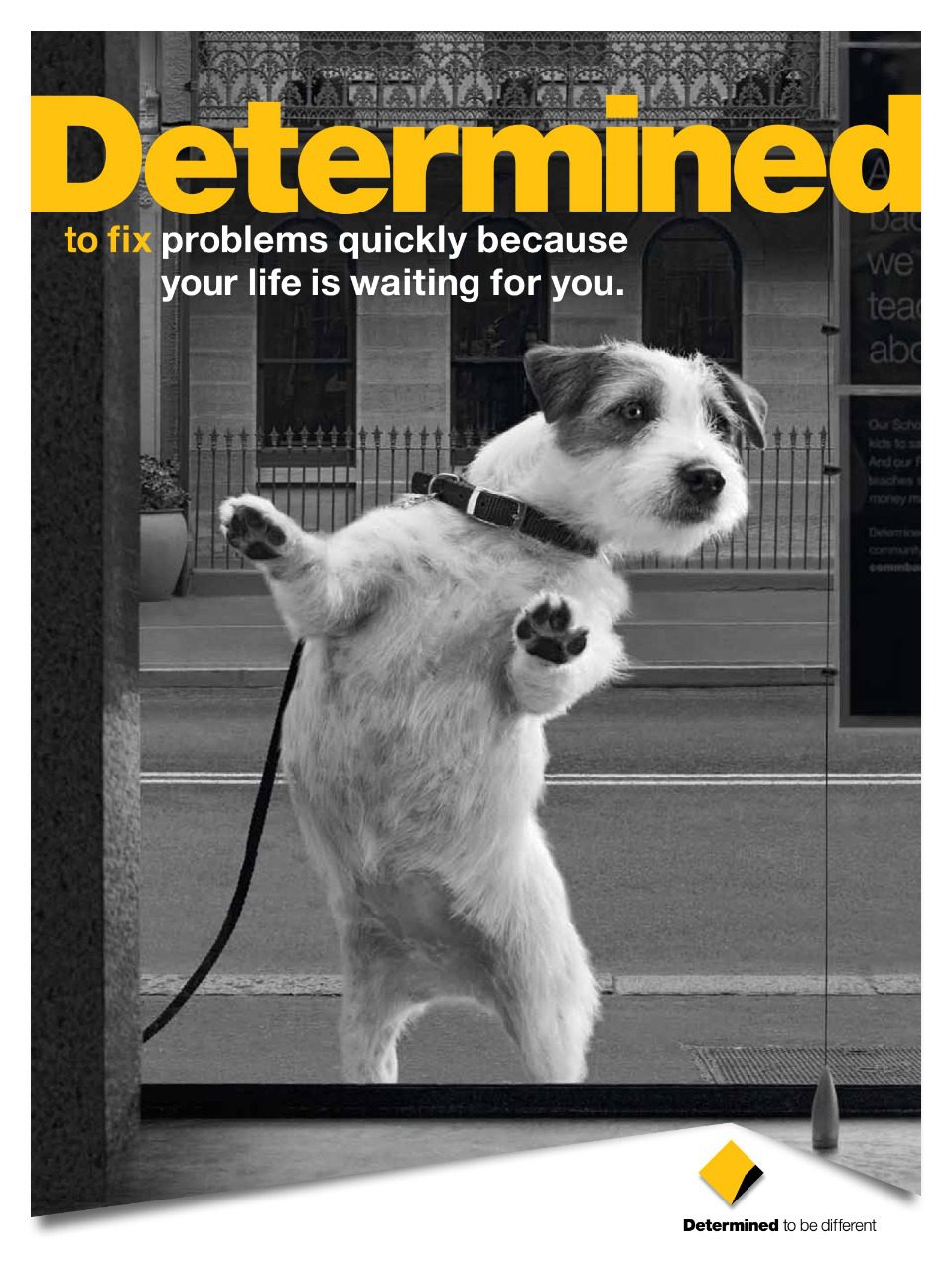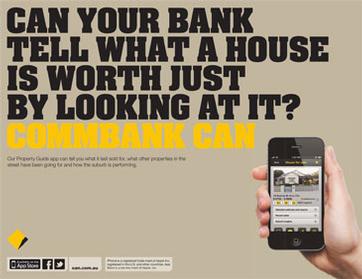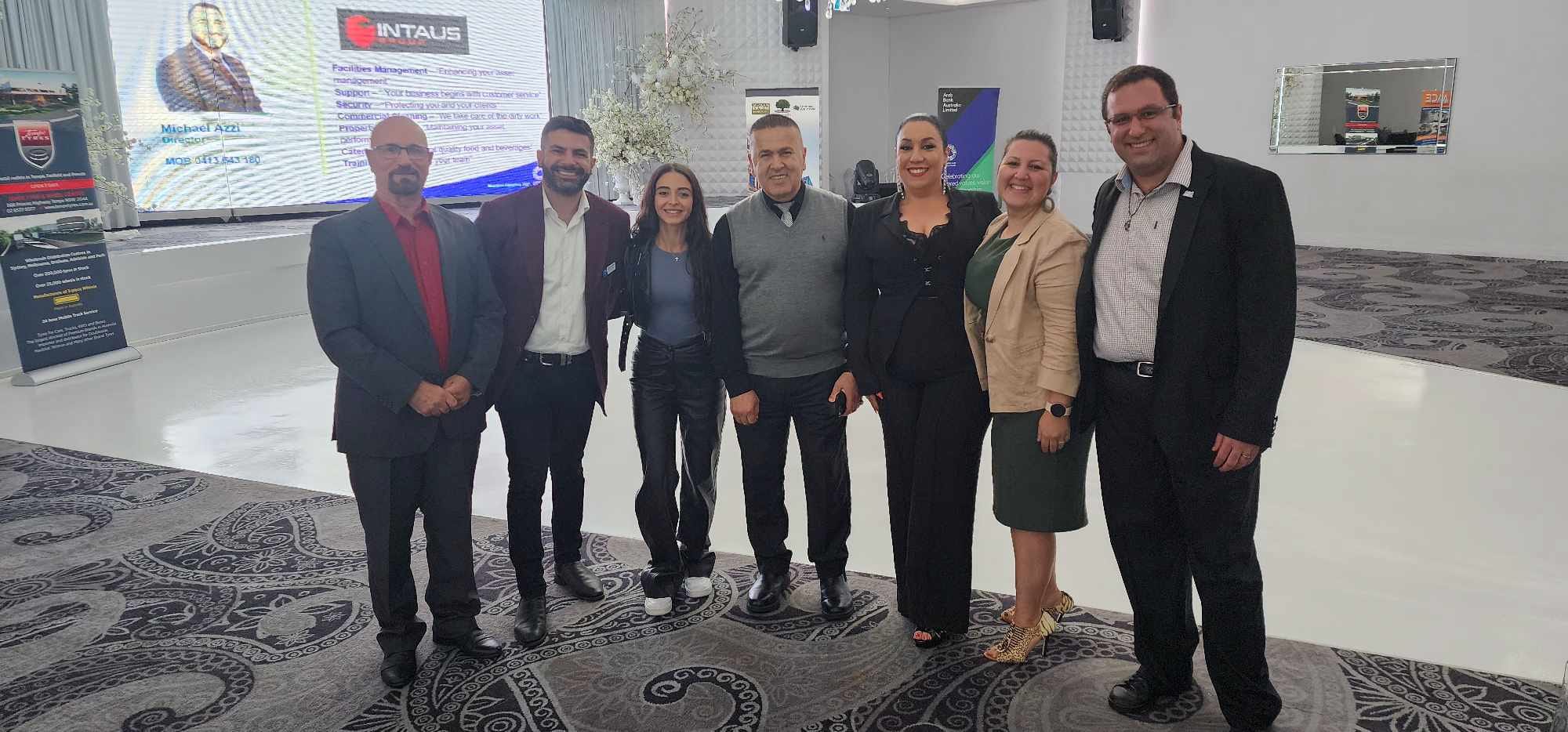You’ve done the paperwork, your visa got accepted, you booked your ticket, and now you’re on your way to a whole new life in magnificent Australia. As Arabs, we are not very familiar with the concept of Commonwealth countries and how they work, and we expect things to look more like what we see in movies, which are mostly about America. However, you will be quickly made aware that Australia is different than both America and, definitely, the Arab world. In this article, we will discuss what to expect and what you need to do once you move to Australia.
#1 Transportation:
Unless you have someone picking you up at the airport, you will either need to hire a cab from there or take public transport. Make sure that you have some cash on you for these things, because a lot of Arab credit cards will not work properly, especially if they are not equipped with Paywave (Tap to Pay). If you have Paywave on your credit card and you want to take public transport, some states will allow you to tap your credit card on public transport to pay your fare; however, since your credit card is not Australian, you may need to pay a currency conversion fee to your bank. This is why it may be better to buy a public transport card such as “Opal” in NSW or “Translink” in QLD and top it up at the vendors.
Another thing you need to make sure you have is either Google Maps or the state’s public transport app so that you can find your way around buses and trains. Unlike in most of the Arab world, addresses in Australia are fairly clear because streets are named and houses are numbered. All you need to do is input that addresses and follows the map. One thing you need to be careful about is if you are taking a bus, to know which side of the street you need to be standing on; otherwise, you will end up taking a bus in the wrong direction. In any case, feel free to ask the bus driver and they will help you find the right side.
#2 Accommodation:
Unless you are planning to live with someone for a while or your job has prepared a place for you to live in, you may need to give yourself enough time at a motel or hotel until you find your own place. Leasing in Australia is slightly complicated as there is a lot involved, and it’s not always easy for a newcomer to get a lease due to the lack of existing rental history. This is why you may be expected to fork out at least six months of advanced rental in addition to a hefty bond. The best way to find a place to lease is to go online to one of the major leasing websites such as Realestate or Domain, input the specifications you are looking for, and then search. Most listings will have a time for inspection, so sign up for the ones you like and make sure to show up at the inspection so that you can see the place and make an offer. You may need to make offers for many places before someone will accept to lease to you, so don’t be disheartened. Also, be friendly with the real estate agent, and they may help sway things in your favor.
#3 Driving:
Depending on the type of visa you have, you have a certain duration during which you are allowed to use an international driver’s license. Try to use that time to practice driving on the other side of the road and getting used to the new road rules so that when you apply for your driving test, you are ready; otherwise, you may need to hire a tutor to help you brush up on this, or – like me – you give up on it completely and rely on public transport. Keep in mind, though, that many jobs will expect you to have an Open License before you are considered.
# 4 Work:
Before you start looking for work, you will need to have two main things: A Tax File Number (TFN) and a Bank Account. The TFN is easy to apply for through the ATO website, so you can just do it as soon as you are settled. Typically, you get it within a few days. The TFN is a very important number that you will be asked for wherever you get hired, so make sure to keep it in a safe place, and don’t share it with anyone other than your employer. The government uses the TFN to calculate your taxes and other relevant financial details.
Once you have the TFN, you can then open an Australian bank account. Make sure to compare the different available options in different banks before you open an account so that you get the best deal for yourself.
As for finding work, unless you already have a job or have been sponsored for one, you will feel pressured to find work as soon as you arrive. However, be ready to face a lot of refusals because of one thing you lack: the Australian Experience. As Arabs, we are sometimes unfortunately too proud to accept what we perceive as “low level” or “indecent” jobs such as cleaning, working at a petrol station, or similar jobs; however, these may be the easiest to find at first regardless of what your background is, and they provide a “soft” entry into the Australian labor market. Take whatever job you find at first, and then move on from there.
It may also be easier to find out where people from your community congregate regularly, such as places of worship, so that you can meet others who understand you and can help you get on the right path; however, never take anything at face value, and double-check and research everything you learn. Unfortunately, there are always negative agents out there who abuse newcomers for cheap labour, so make sure to ask around and go online. Unlike in the Arab world, there is a virtual wealth of information online that can help you understand whether what you are being offered is fair or not, and you can always ask Fair Trading for advice.
#5 Education
If you are looking to work in a specific field, you can expect that you will need to get some of your certificates from your home country accredited. Each state has its own way of doing it, so you’ll have to research the process in your own state; however, there is a high chance that you may need to take a few more courses in order for your qualification to be recognized in Australia. Moreover, some jobs which we are used to doing in the Arab world without any formal qualifications may need to be formally accredited here, such as hairdressing, beauty, some building work, and many others. For such qualifications, you would not be expected to attend university, but you will need to apply at a vocational college or TAFE. In case you have a lot of experience in one of these fields, you can discuss the Recognition of Prior Learning (RPL) option with the college you chose. In this case, they will look at your portfolio and ask you for various pieces of evidence or demonstrations to assess your skills. After this assessment, you may get the whole of the qualification or parts of it recognized, so after you study whatever you have missing, you can get your formal certificate and start looking for work in your desired field.
#6 ABN, Taxes, and Super
After you get enough work experience and are confident in your understanding of the Australian system, you may start considering working for yourself. In this case, you will need an Australian Business Number (ABN). Like the TFN, you can apply for it through the ATO website, and you will probably get it within a few days. Once you have that, you will need to quote that number on any invoices you send to a client so that they can know that you are a legitimate business. Unlike the TFN, you can share your ABN publicly.
Another difference between the TFN and the ABN is that if you are working on the TFN, your employer would deduct your taxes from your salary and pay them through PAYG to the ATO on your behalf. However, for any work you do on ABN, you will need to report to the ATO so that you pay whatever taxes are incurred there. You may need to speak to an accountant about this move to make sure you are on the right track.
In addition to that, another difference between working on TFN and on ABN is related to Superannuation (also known as Super). Your Super is a certain amount of money (currently 9.5% on top of your salary) that your employer has to pay into your Superannuation account (which you would open with a chosen bank) and you can only withdraw that money once you reach retirement age. You are not expected to pay Super on your ABN unless you want to. Your accountant should be able to give you the best advice regarding that.
Note: You still need to lodge your taxes if you are working on TFN at the end of the financial year (after the end of June), and you may get a tax return if the government sees that your employer overpaid your taxes.
#7 Medicare:
Depending on what type of visa you are on, you may be eligible for Medicare. Unlike in most of the Arab countries, you get Medicare in Australia whether you are working or not. Whenever you feel ill or unwell, you don’t need to delay seeing a GP (General Practitioner) because you can’t afford it. Here, Medicare will pay for the doctor on your behalf if the doctor is fully bulk-billed. Check with reception if you will need to pay any gap because some doctors are not fully bulk-billed. Moreover, if you feel like you need to see a psychologist help you adapt to your new life or deal with issues, your GP can refer you to one and Medicare would pay for a certain number of sessions. Medicare may also cover a certain number of sessions for other medical services such as physiotherapists, podiatrists, and many other specialists.
#8 Take breaks and enjoy your new life
Being away from family and being worried about carving your new path may get you stressed out sometimes, so make sure that you take time for yourself and enjoy some leisure activities. Australia boasts a huge number of beautiful parks, national reserves, and beaches where you can enjoy a walk, a swim, or a nice picnic with friends for free. Moreover, there are many community centers and clubs (such as RSLs) where you can go enjoy a nice meal and meet people at very affordable prices. Unlike in most of the Arab world, you can see the effect of the taxes you pay especially in the maintenance and cleanliness of these public areas.
In conclusion, you’ve made a bold yet wonderful choice to move to Australia. Here, although you may feel it’s a bit tough to start, you will learn to enjoy the many beautiful benefits you will soon reap. Welcome home.

